Our recommendations for what to eat, read, watch, and listen to this weekend.
.png)
We sat down with Benjamin Bergen on Free Lunch by The Peak to dive into why we’ve been hearing so much about semiconductors, and the role Canada could play in the supply chain.
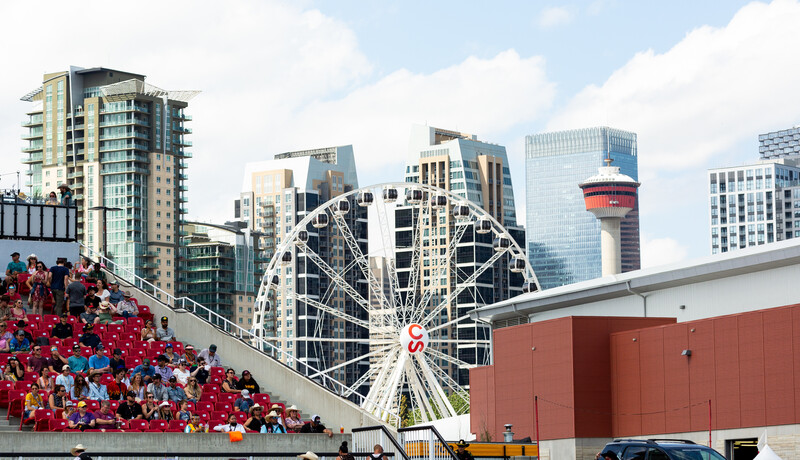
The world’s biggest rodeo event isn’t all barrel racing and politicians flipping pancakes but a once-a-year opportunity for Calgary to lure potential residents and investors to the city.
Catch-up: The first Calgary Stampede went ahead in 1912 after the city’s “Big Four” businessmen and ranchers agreed to bankroll the event for $100,000 (worth almost $3 million today). Since then, the rodeo has become a 10-day moneymaker for the city.
.gif)
Don your Kangol hat, crack open a Foster’s, and prepare to say “g’day mate,” because Australian leaders are coming to Canada.
Driving the news: Political and business big shots from Down Under will be Up North on Monday to discuss ways to deepen ties with Canada and compare economic policy. It’s all part of the Australia-Canada Economic Leadership Forum happening in Toronto.
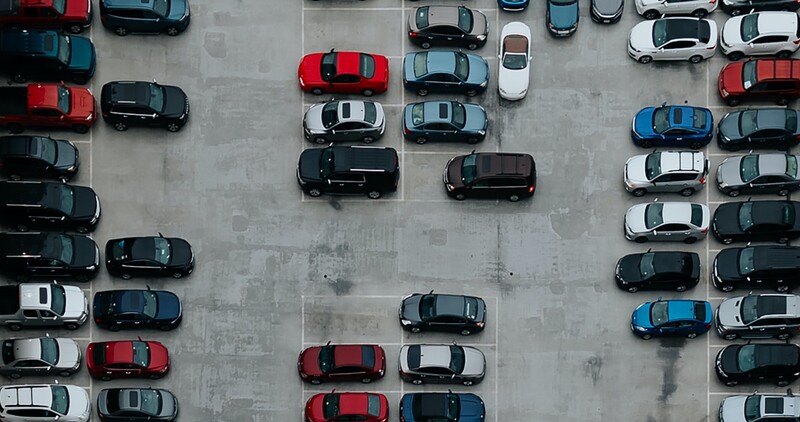
Looking to buy a car? With an average price tag of $46,000, we’d recommend walking.
What’s happening: The cost of hitting the open road is skyrocketing. Per The Globe and Mail, you can thank pent-up demand—following those pesky Covid-era factory shutdowns and parts shortages that left dealerships sitting empty—mixed in with rising loan costs.
.png)
Hollywood is in the midst of its first industry-wide stoppage in over 60 years, and it’s all thanks to the unprecedented advances of AI and streaming.
What happened: Some 160,000 Hollywood actors are on strike as of this morning, after failing to reach a new labour agreement with the body representing studios and streamers.
What happened: Some 160,000 Hollywood actors are on strike as of this morning, after failing to reach a new labour agreement with the body representing studios and streamers.
.gif)
Another strike has come and gone in what’s becoming a #LabourActionSummer.
What happened: The union representing BC port workers reached a tentative four-year deal with their employer to re-open Canada’s westernmost ports, ending a 13-day-long strike.
What happened: The union representing BC port workers reached a tentative four-year deal with their employer to re-open Canada’s westernmost ports, ending a 13-day-long strike.
Looking to buy a car? With an average price tag of $46,000, we’d recommend walking.
What’s happening: The cost of hitting the open road is skyrocketing. Per The Globe and Mail, you can thank pent-up demand—following those pesky Covid-era factory shutdowns and parts shortages that left dealerships sitting empty—mixed in with rising loan costs.
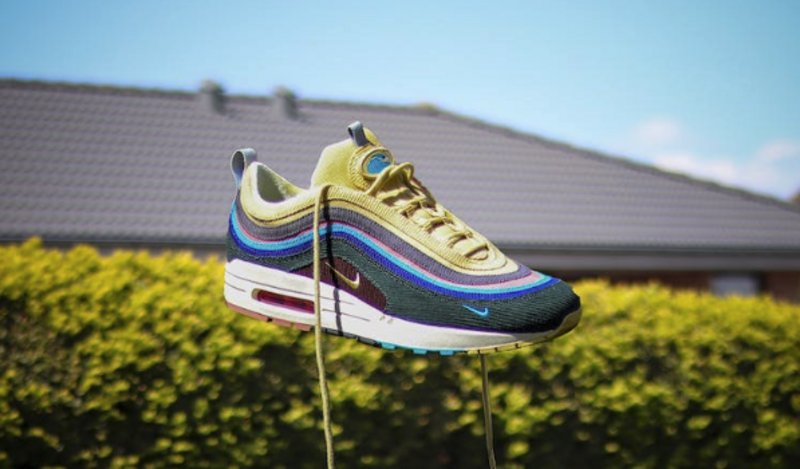
Canada has reportedly launched one of the first-ever probes into Nike’s alleged use of forced labour abroad.
Driving the news: Nike Canada faces a federal investigation into allegations that it sells products made with forced Uyghur labour in China’s northwestern Xinjiang region.

On this season of The Canadian Bank Bachelorette, 177-year-old Laurentian is looking to give its final rose to the perfect deep-pocketed suitor.
What happened: Laurentian Bank, Canada’s ninth-largest lender, is looking for a potential buyer. With branches all across Québec (plus one in Ontario) and $51 billion in assets, it could be an attractive target for banks looking to expand in the province.
.png)
Like us at an open bar, T-Mack and friends have said, “Sure, I’ll have another one.”
What happened: Tiff Macklen and the Bank of Canada (BoC) did what most economists expected and raised the base interest rate by 0.25 of a percentage point to 5%—the highest rate seen (by anyone over 21) since 2001.
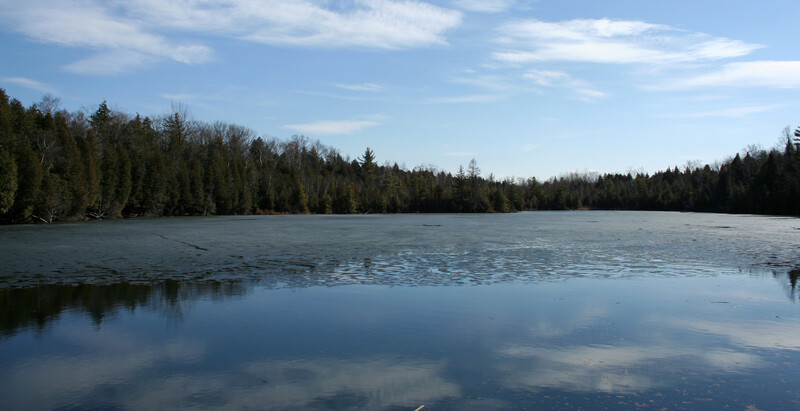
Humanity could soon enter a new geological epoch, and it all starts in Canada.
What happened: Researchers have chosen Crawford Lake in Milton, Ontario, as the place that best signifies the start of the Anthropocene—the new geological epoch in which human activity is the dominant influence impacting the planet’s climate and environment.
.jpg)
Too much dang traffic.
Driving the news: Satellites from Elon Musk’s satellite internet service Starlink performed over 25,000 avoidance maneuvers over the course of six months this year, per its regulatory filings to the FCC—a sign that low-Earth orbit (LEO) is getting a little too crowded.

Another rate decision brings T-Mack back into the hot seat.
Driving the news: Today’s Bank of Canada (BoC) rate decision is likely to be tighter than Survivor’s Final Tribal Council, but 16 out of 24 forecasts are expecting a 0.25 percentage point hike—including the nation’s largest bank economics groups. So, buckle up, everyone.
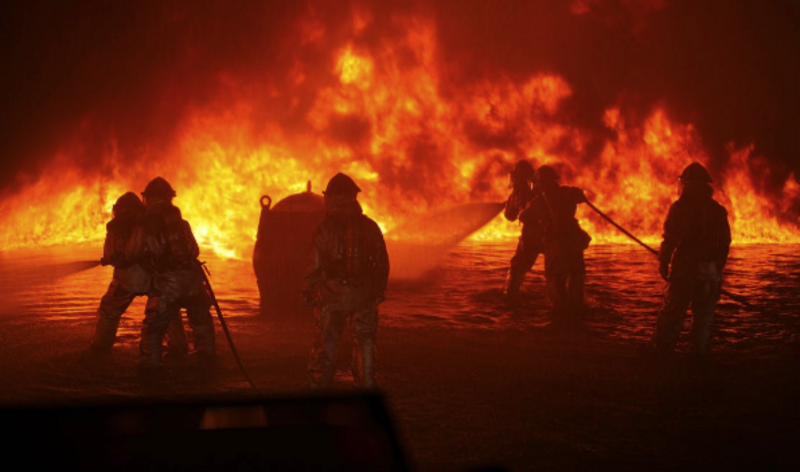
Money might not grow on trees, but it turns out burning trees cost a lot of money.
Driving the news: Per The New York Times, Canada’s record-bad start to its wildfire season—20 million acres burned, 155,800 evacuated, and almost $1 billion in firefighting costs—highlights the mounting pressures that come with worsening natural disasters.
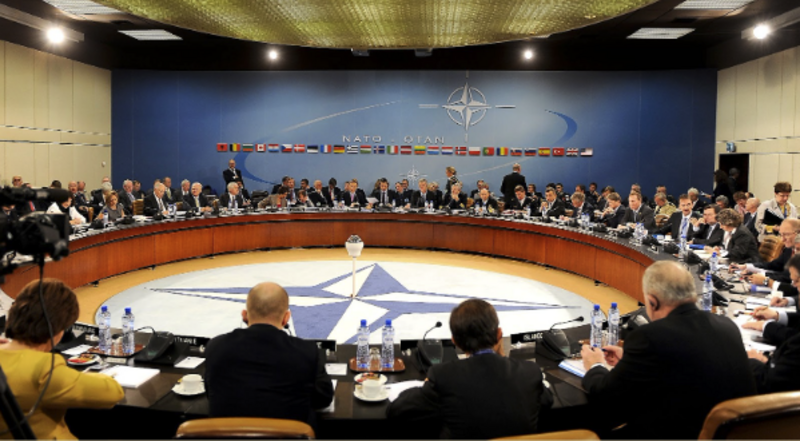
Today marks the start of a two-day NATO summit, where leaders will be discussing the most pressing issue of the day: Barbie vs. Oppenheimer Ukraine’s odds of joining the alliance.
Driving the news: Ukraine’s path to NATO membership is rockier than it may have initially thought after both US and German leaders said the country wasn’t ready to be let in.
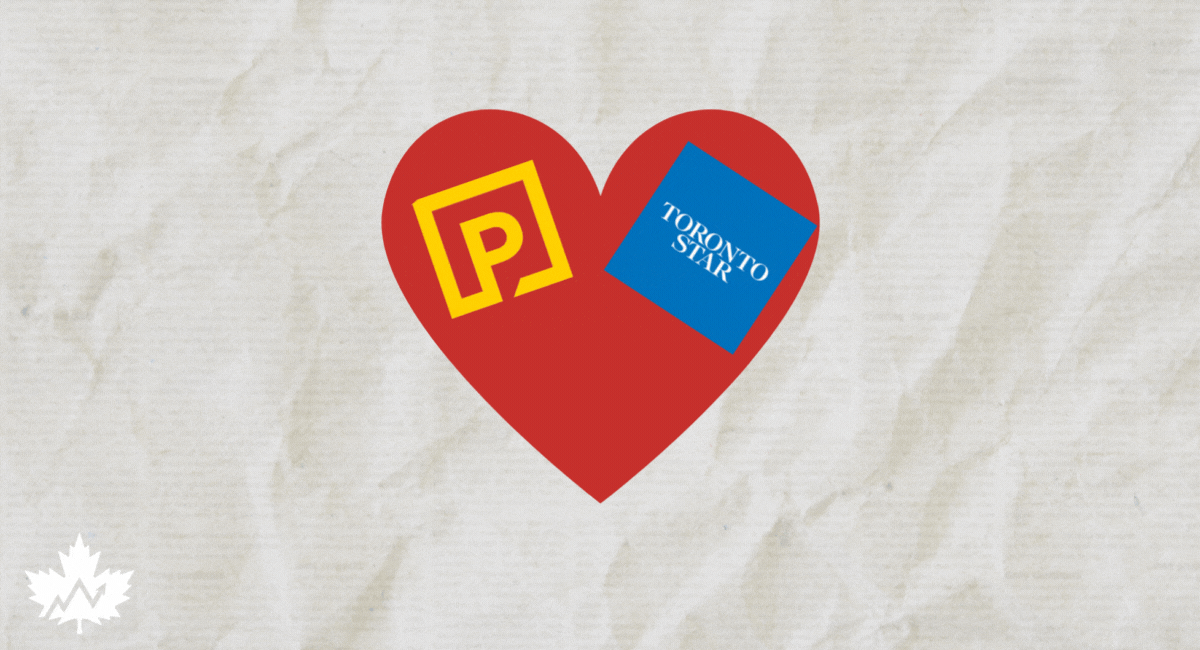
Like an uncertain bride and groom, Canada’s two biggest newspaper publishers got cold feet and have off called their wedding.
What happened: Postmedia and Nordstar (owner of The Toronto Star) officially ended talks to become one after failing to come to an agreement on the terms of a proposed merger.

Apple’s mixed-reality Vision Pro headset is coming next year, but getting your hands on one will be a bit more complicated than picking up a new iPhone.
Driving the news: Apple will roll out the device early next year in US markets (with Canada and the UK following soon after), Bloomberg reports—but customers will have to head into an Apple Store for a face-scanning session to buy one.
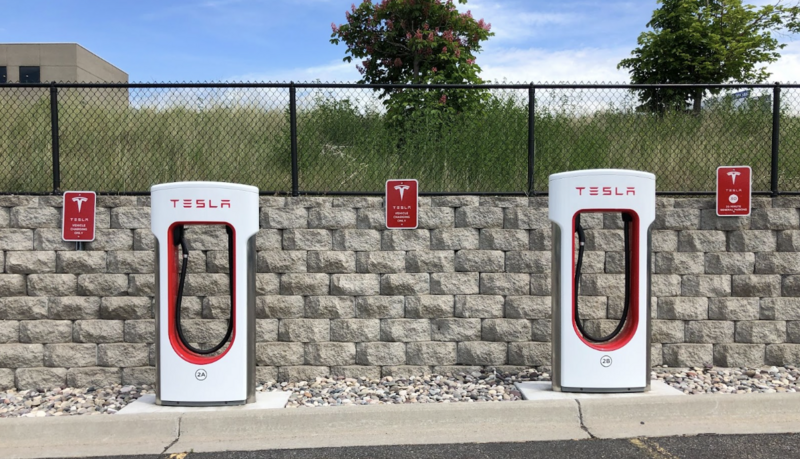
Tesla’s grip on EV charging is tightening, with Mercedes-Benz reaching a deal to access Tesla’s Supercharger network and adapt its vehicles to its charging standard.
- Mercedes is the latest automaker to strike a deal with Tesla, as Ford, General Motors, Volvo, and Rivian all recently came to similar agreements.
.gif)
.gif)